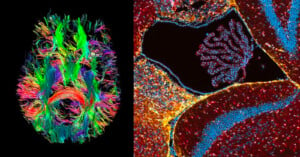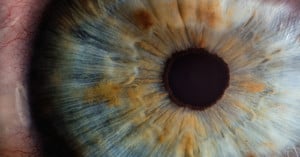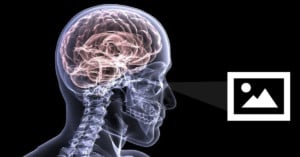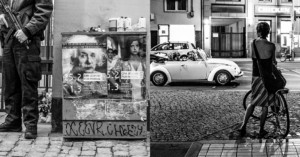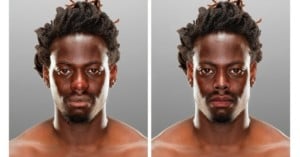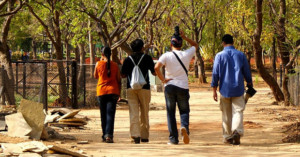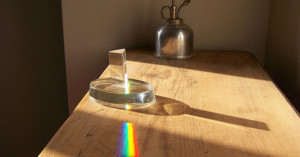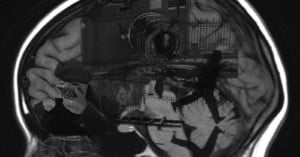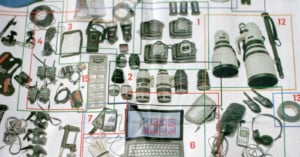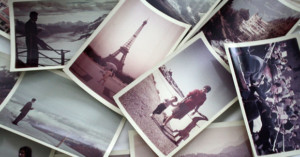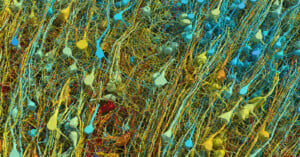
Groundbreaking Images Reveal the Human Brain at Nanoscale Resolution
For something as instrumental to all human existence and experience as the brain, many aspects of it remain thoroughly mysterious. Thanks to groundbreaking new digital images, models, and 3D maps created by Google Research and scientists at Harvard University, the physical structure of the brain has never been so clear.
